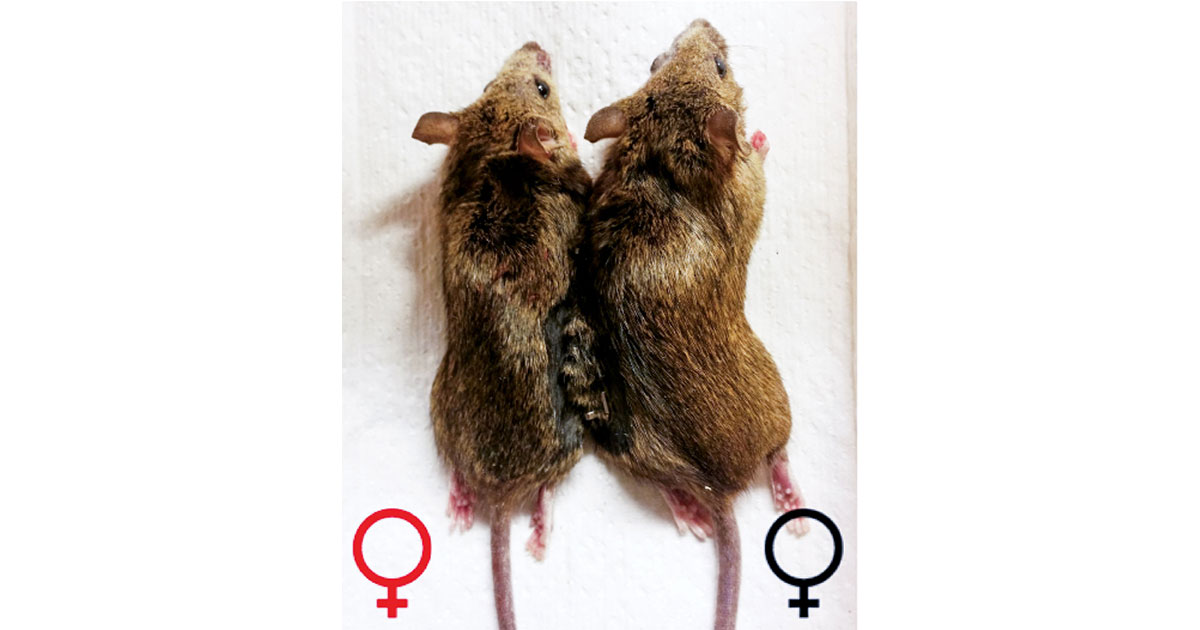Advertisement
Grab your lab coat. Let's get started
Welcome!
Welcome!
Create an account below to get 6 C&EN articles per month, receive newsletters and more - all free.
It seems this is your first time logging in online. Please enter the following information to continue.
As an ACS member you automatically get access to this site. All we need is few more details to create your reading experience.
Not you? Sign in with a different account.
Not you? Sign in with a different account.
ERROR 1
ERROR 1
ERROR 2
ERROR 2
ERROR 2
ERROR 2
ERROR 2
Password and Confirm password must match.
If you have an ACS member number, please enter it here so we can link this account to your membership. (optional)
ERROR 2
ACS values your privacy. By submitting your information, you are gaining access to C&EN and subscribing to our weekly newsletter. We use the information you provide to make your reading experience better, and we will never sell your data to third party members.
Biological Chemistry
Bacteria Prefer Larger DNA
October 31, 2005
| A version of this story appeared in
Volume 83, Issue 44
DNA polymerase I from Escherichia coli works best with DNA bases that are larger than those found in natural DNA, a new study finds. Eric T. Kool of Stanford University, John M. Essigmann of MIT, and coworkers used analogs of the base thymine to probe how small size differences affect the efficiency and fidelity of the polymerase, which is one of the enzymes that synthesize the bacterium’s DNA (Proc. Natl. Acad. Sci. USA 2005, 102, 15803). The researchers incrementally changed the size of the base over a 1-Å range by replacing the oxygen atoms in different analogs with hydrogen and the halogens through iodine. Kinetic studies revealed that the replication efficiency and fidelity increase with increasing base size, peaking at the chlorinated analog, which is larger than the natural base. The authors achieved similar results in vitro and in live E. coli. They suggest that the extra room in the enzyme may be an evolutionary tool to allow mutations or mismatches to sneak through occasionally.




Join the conversation
Contact the reporter
Submit a Letter to the Editor for publication
Engage with us on Twitter